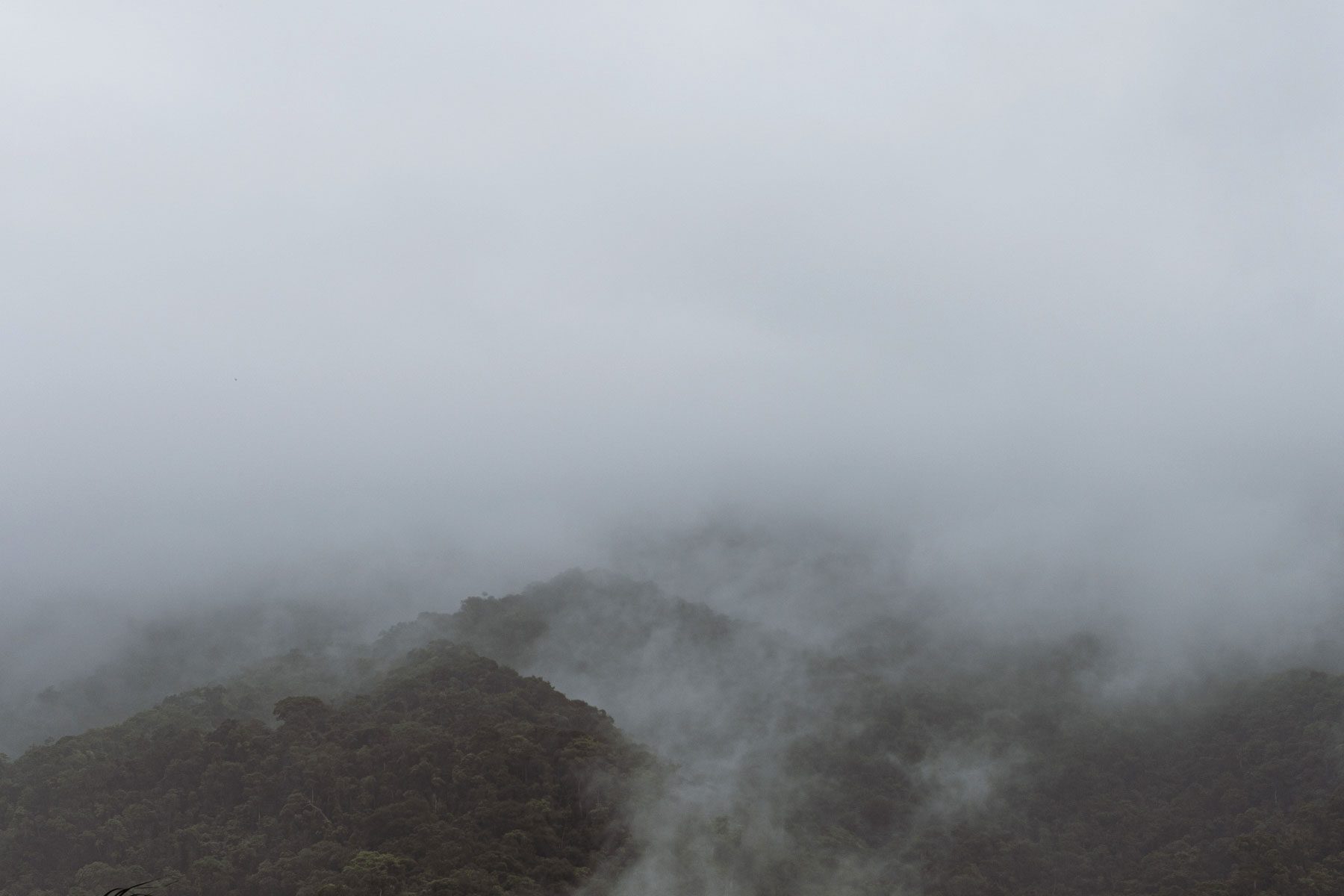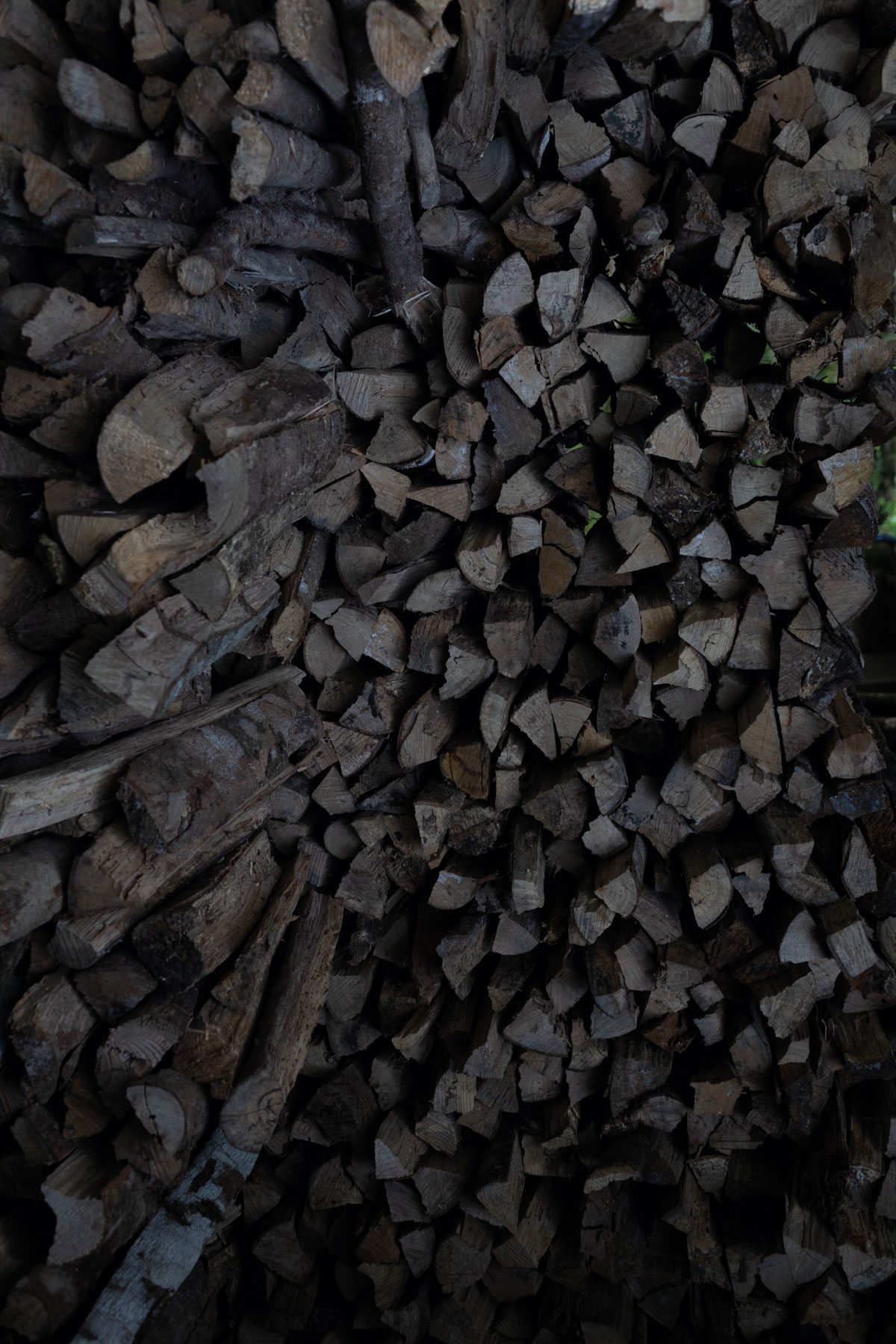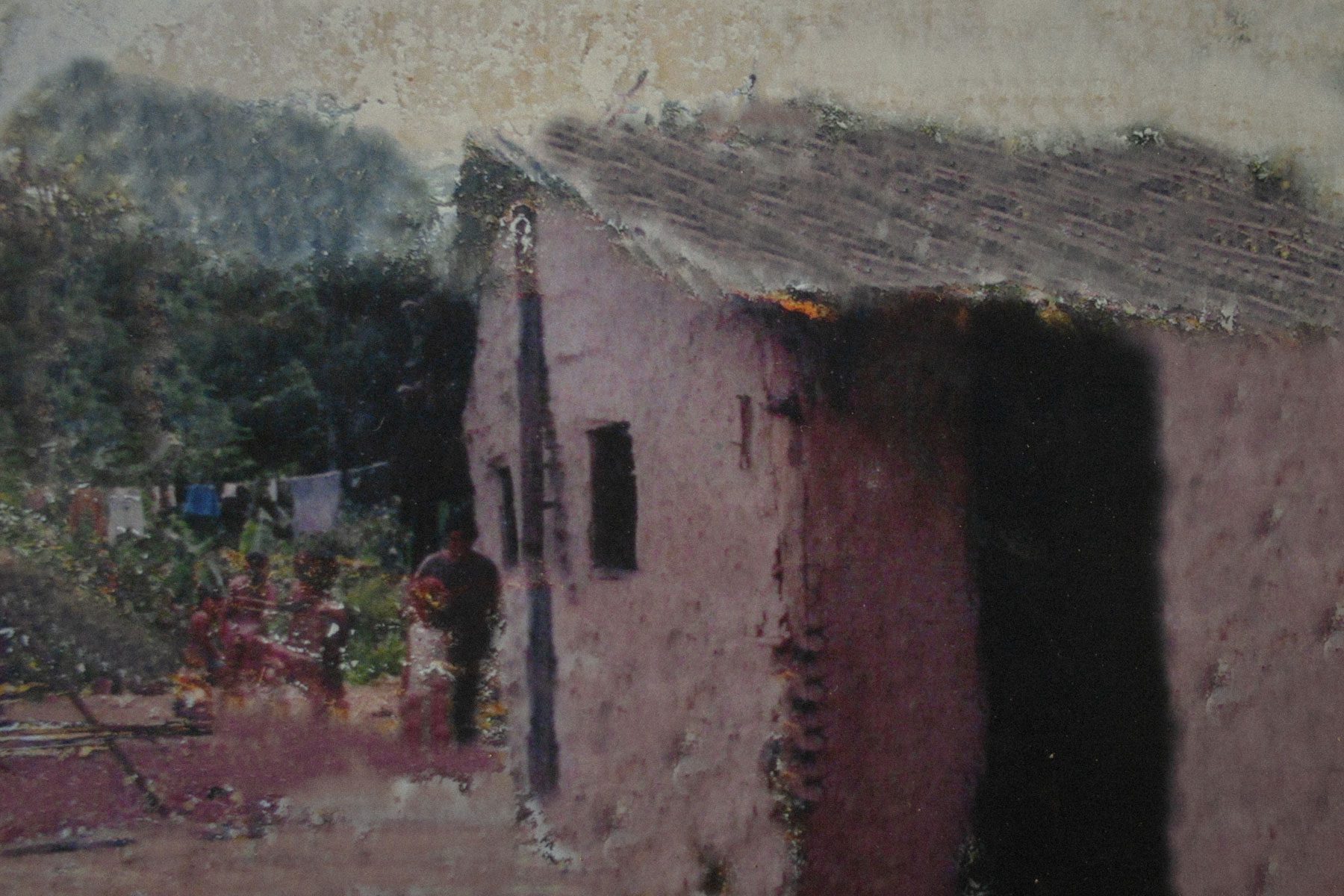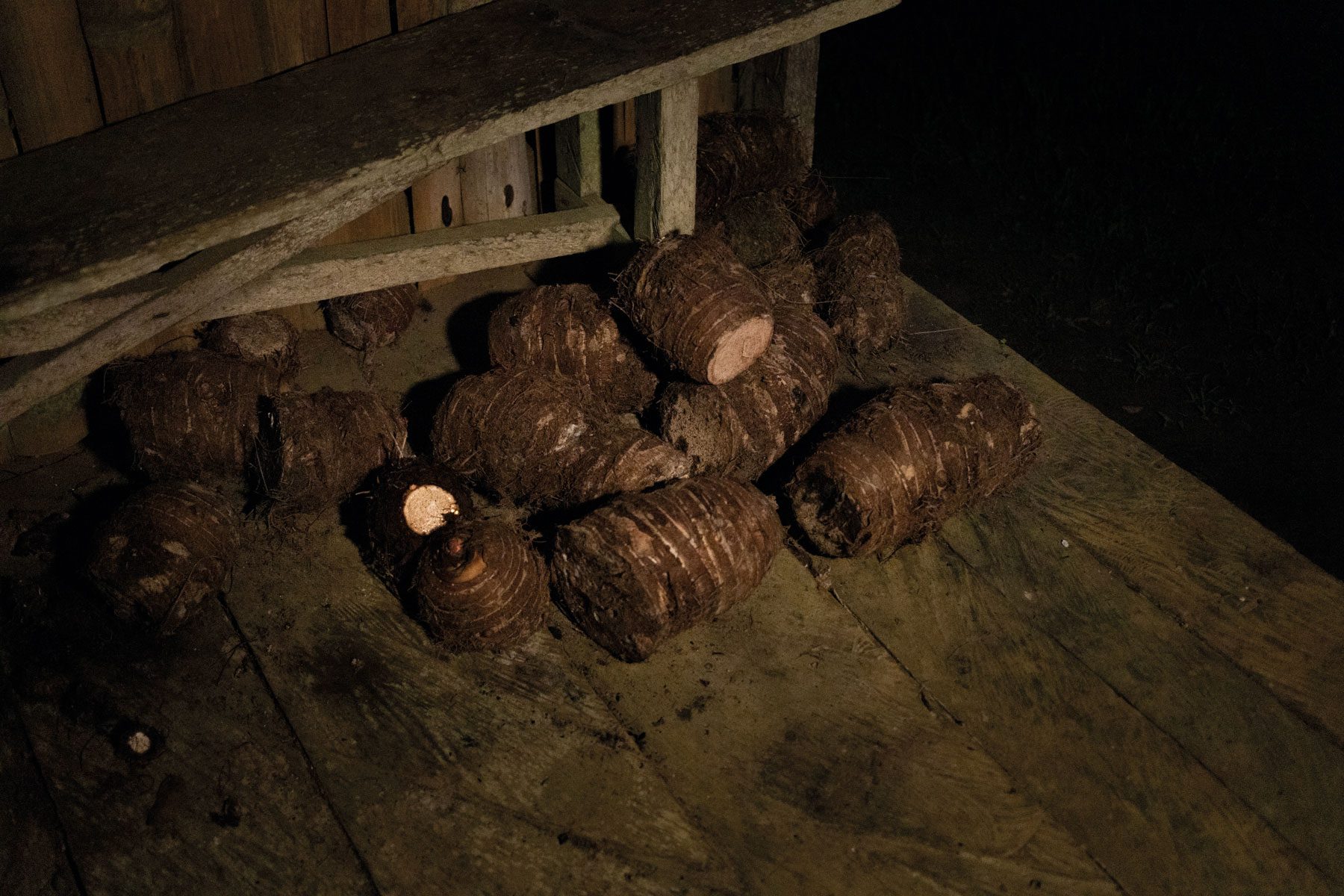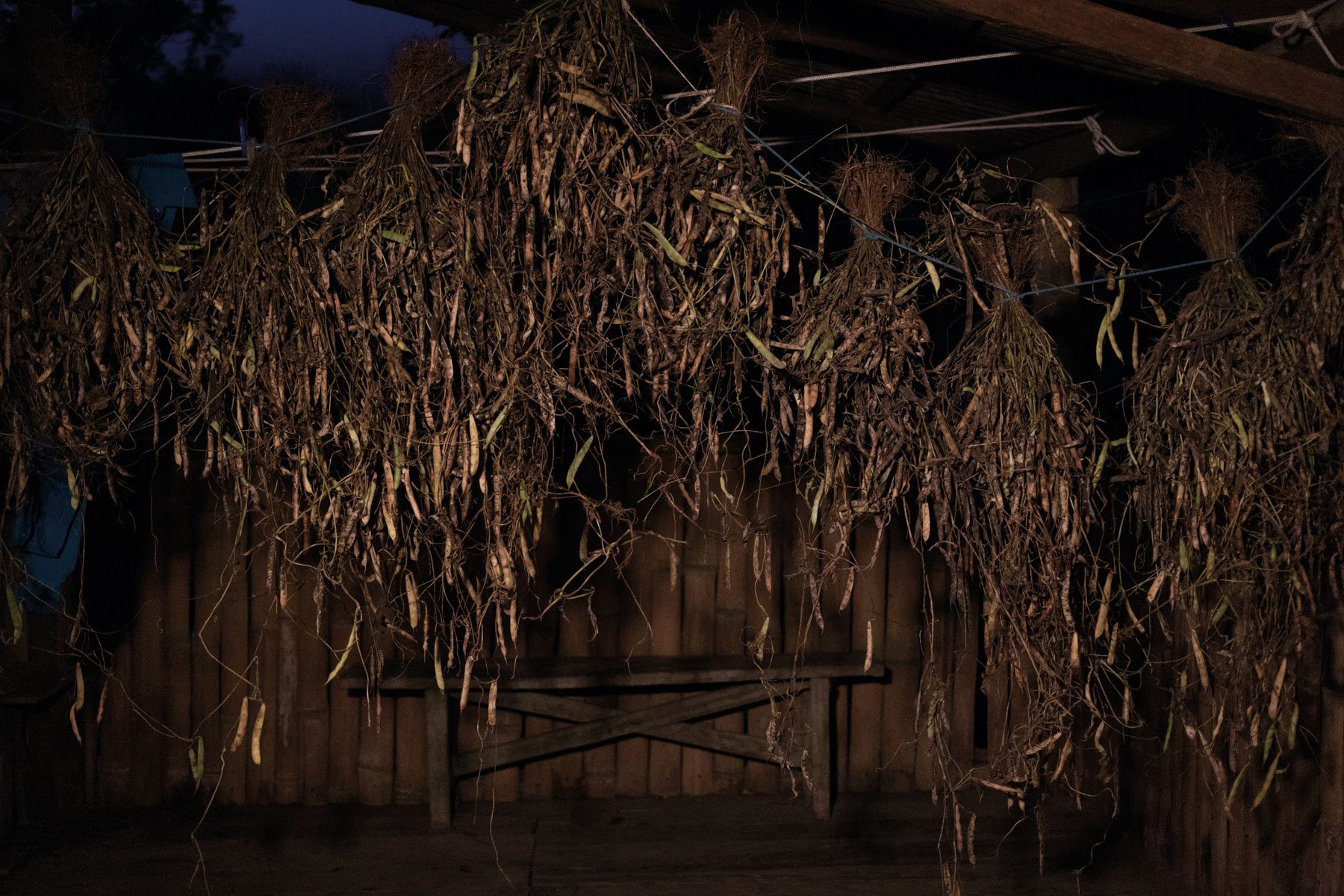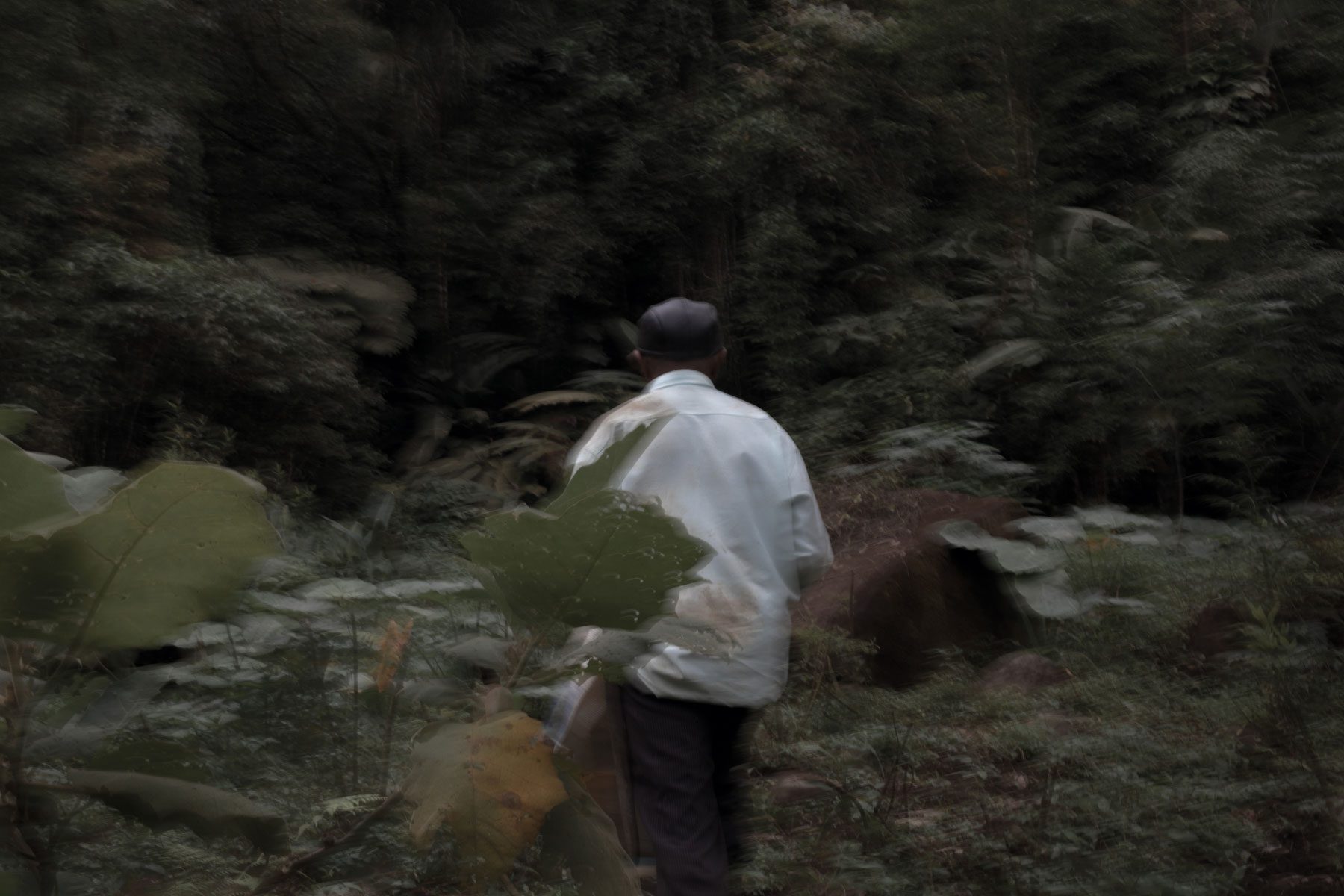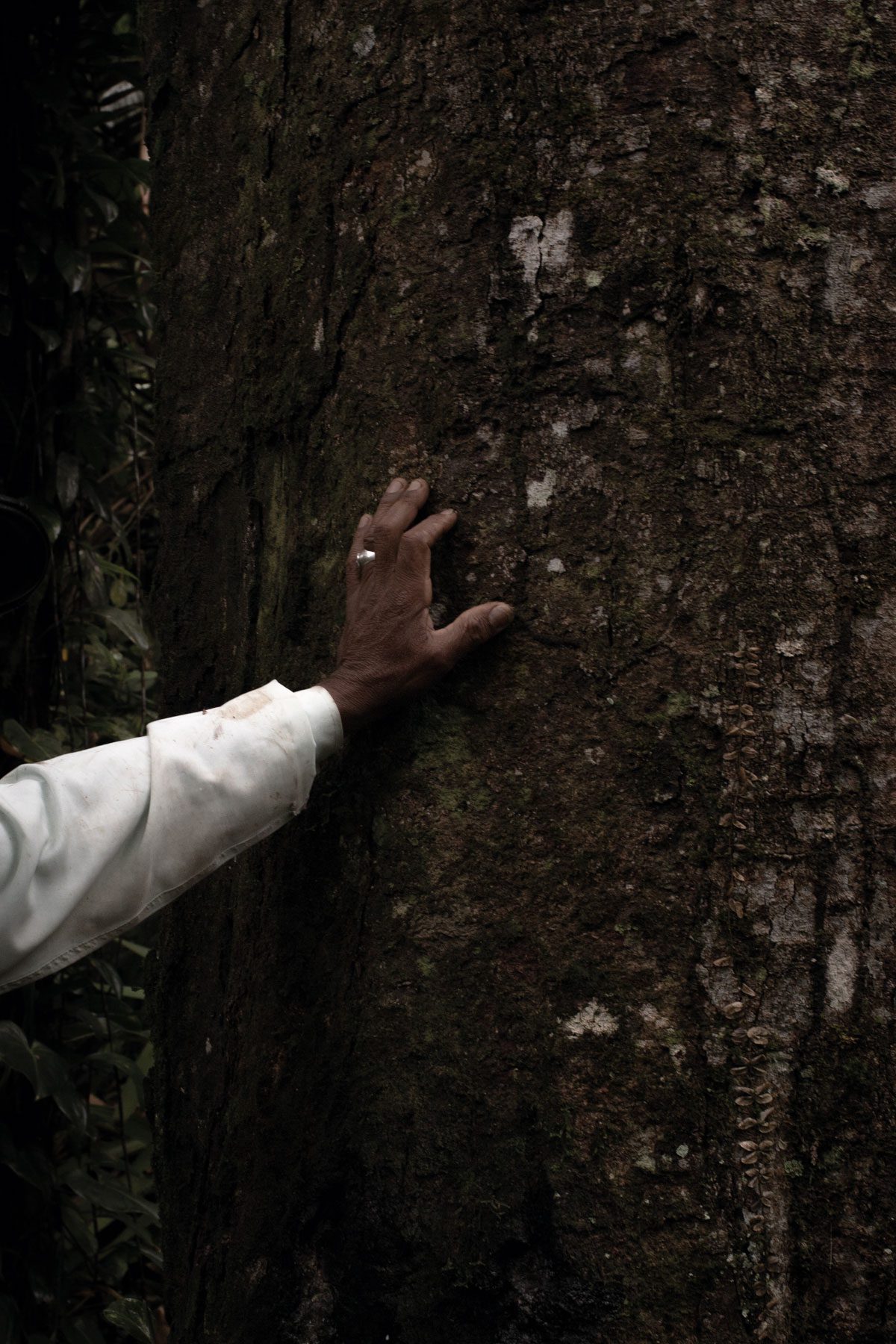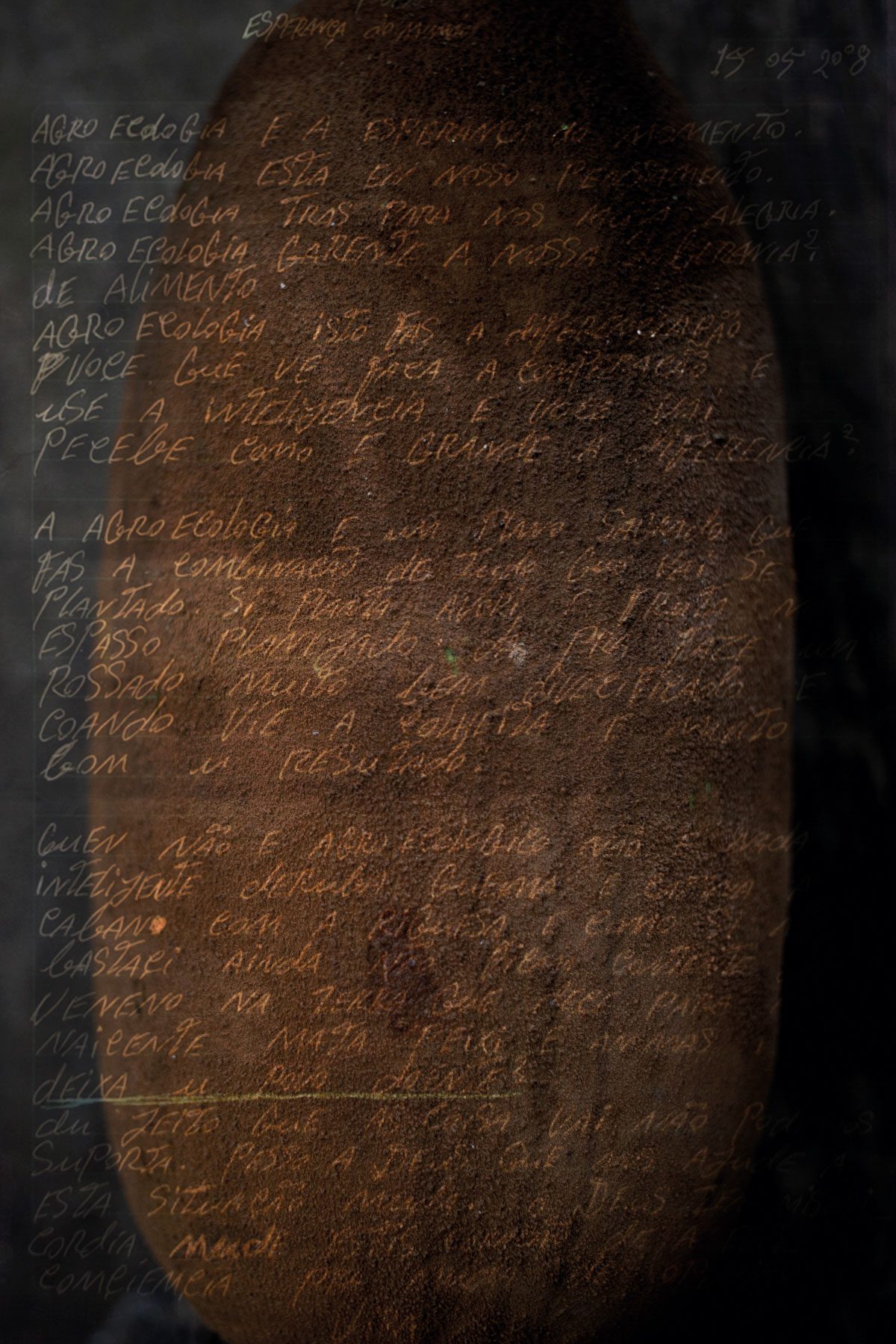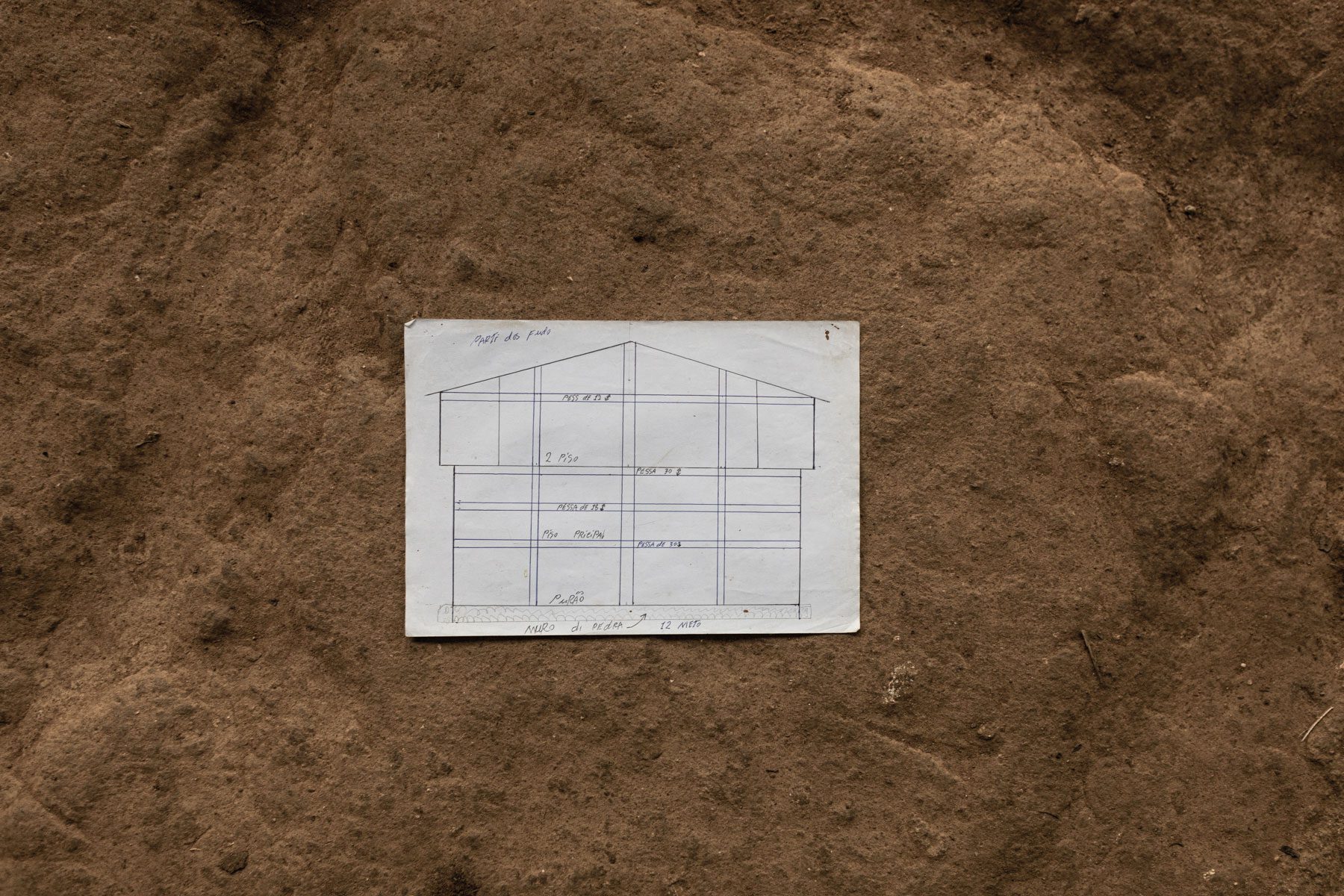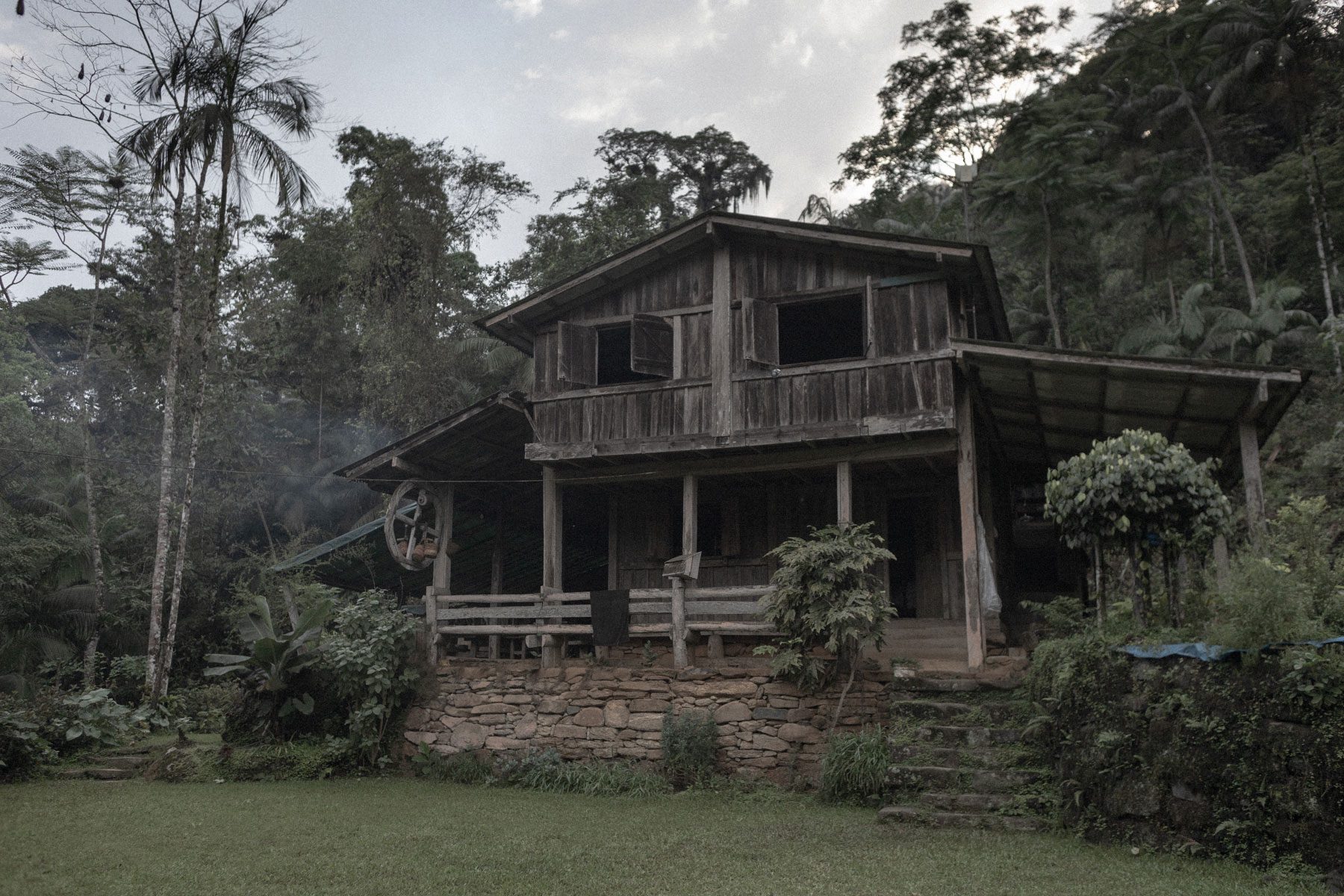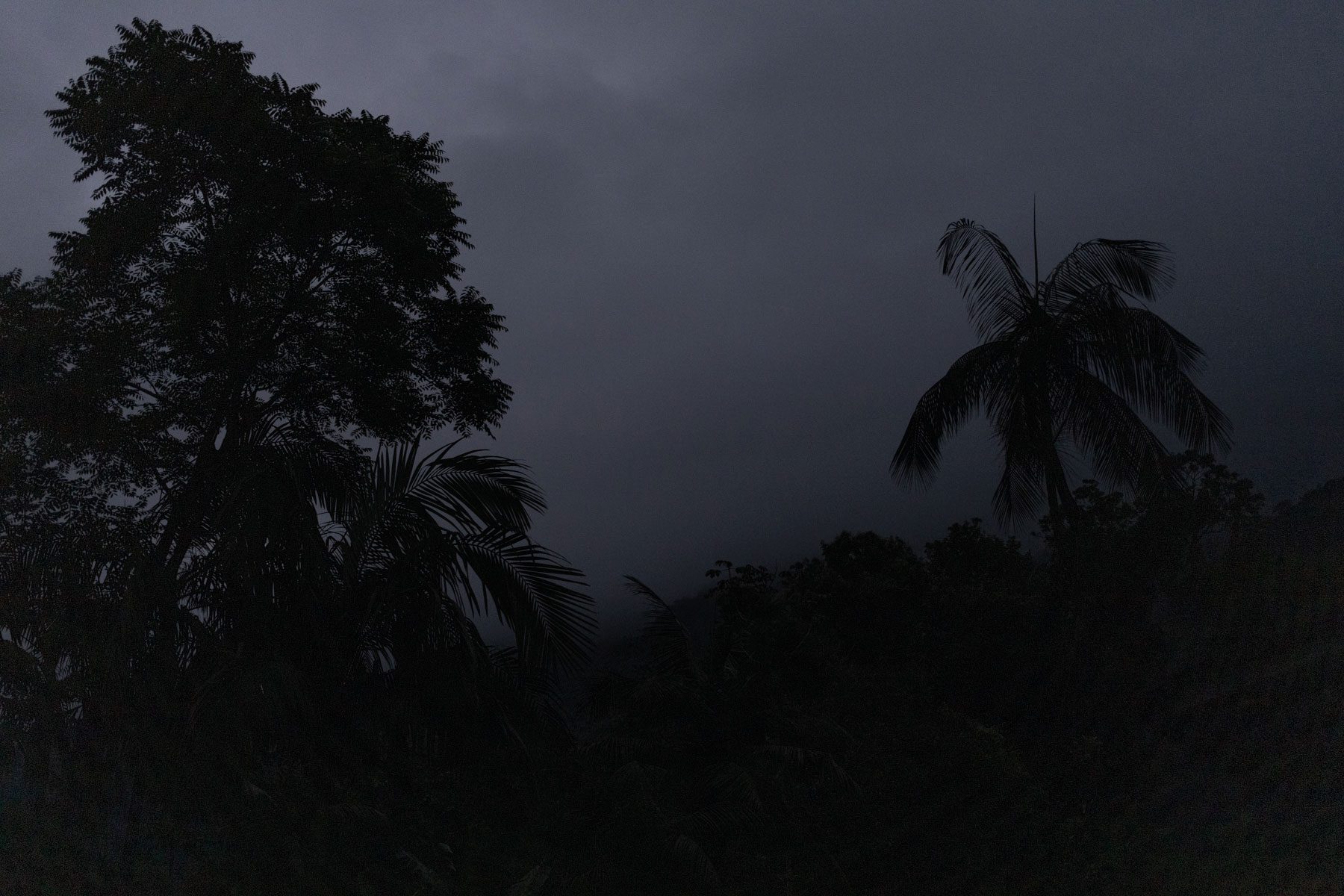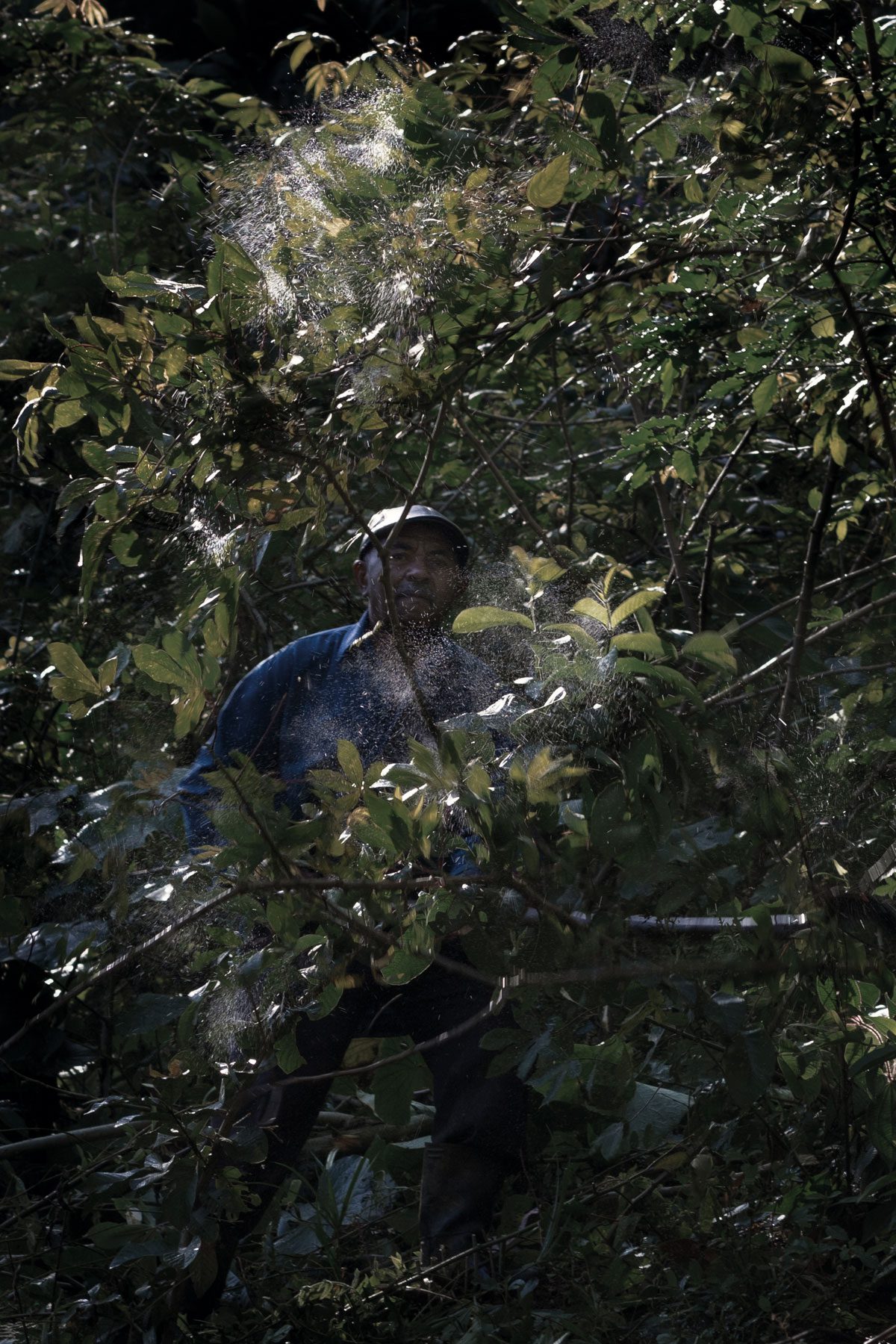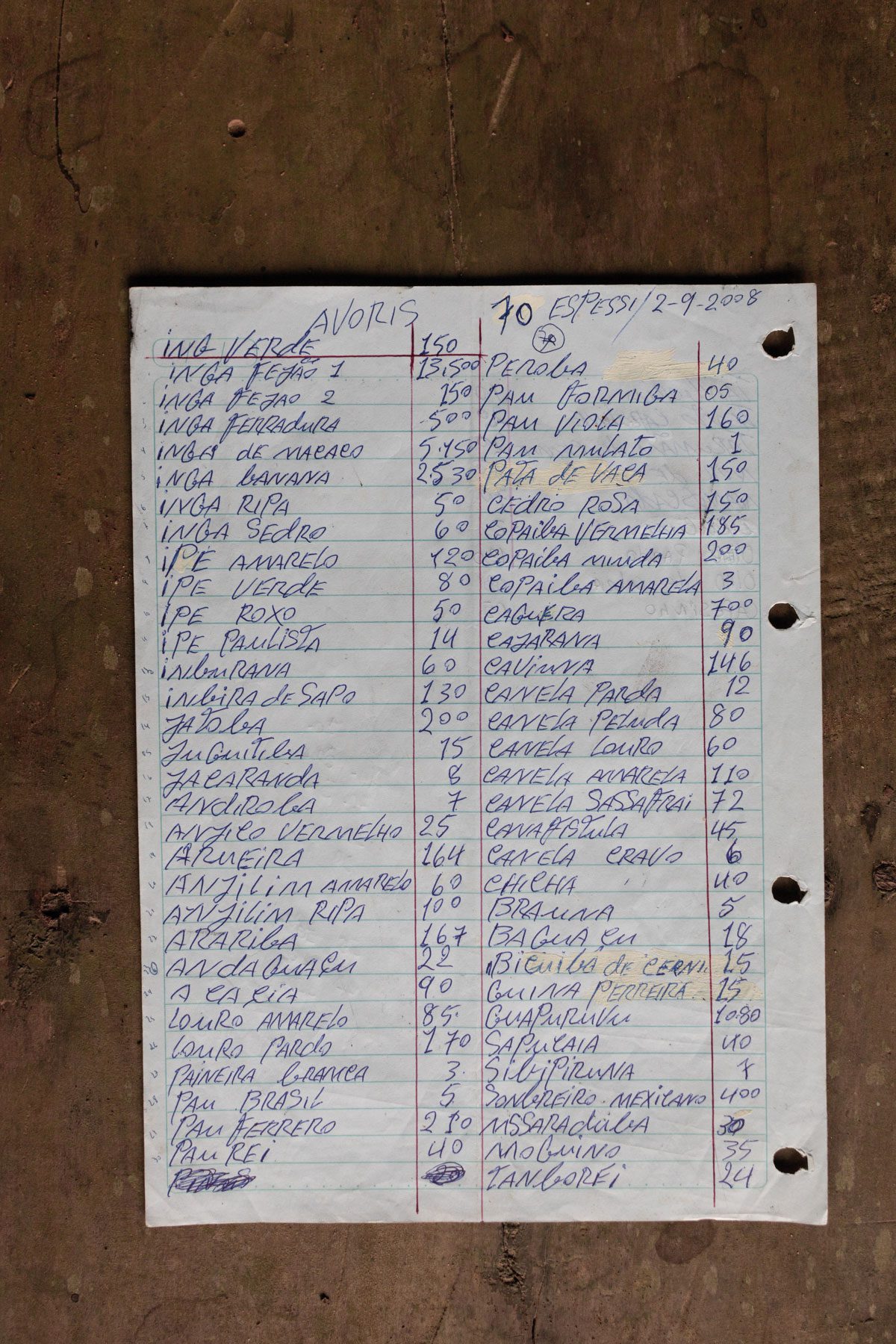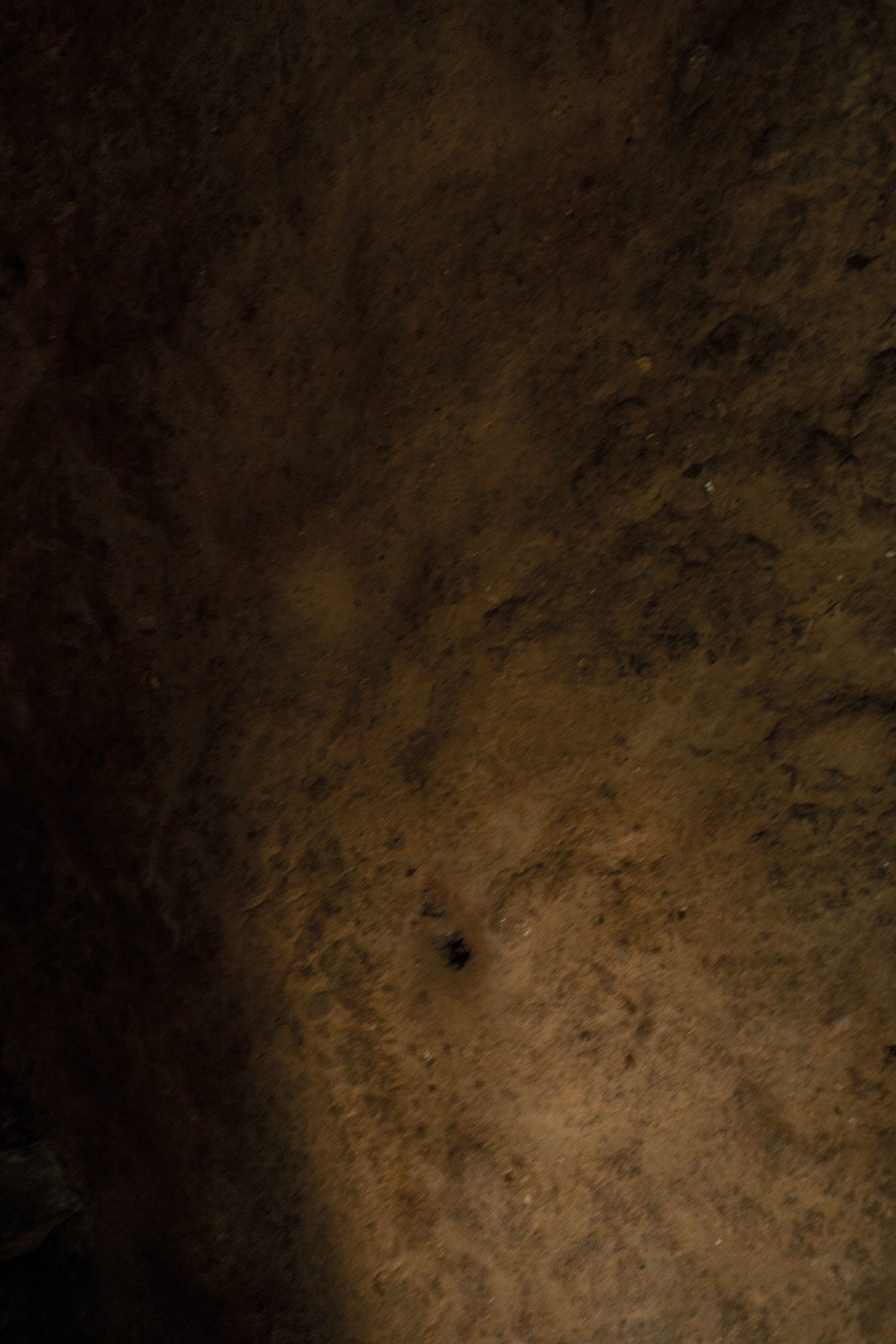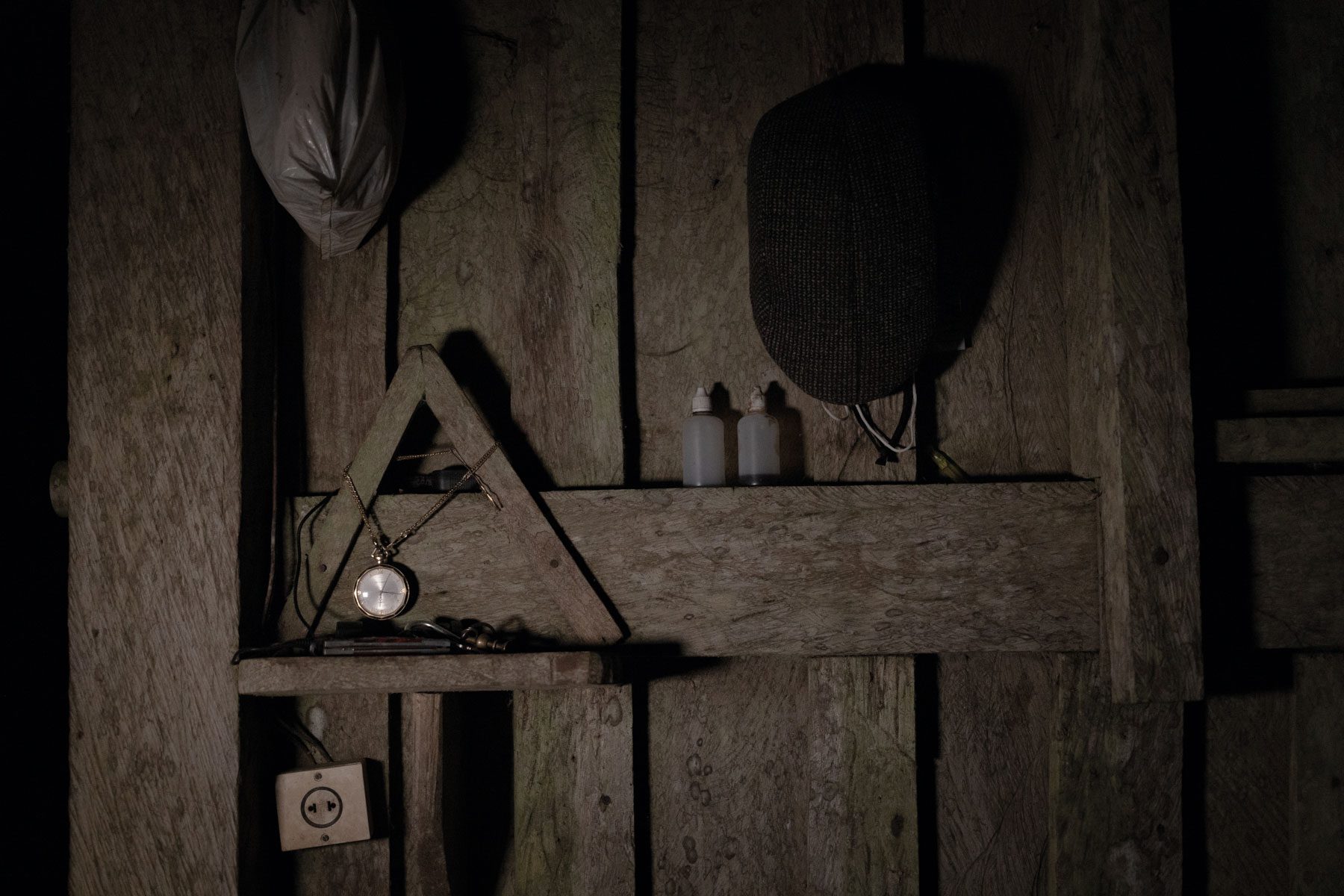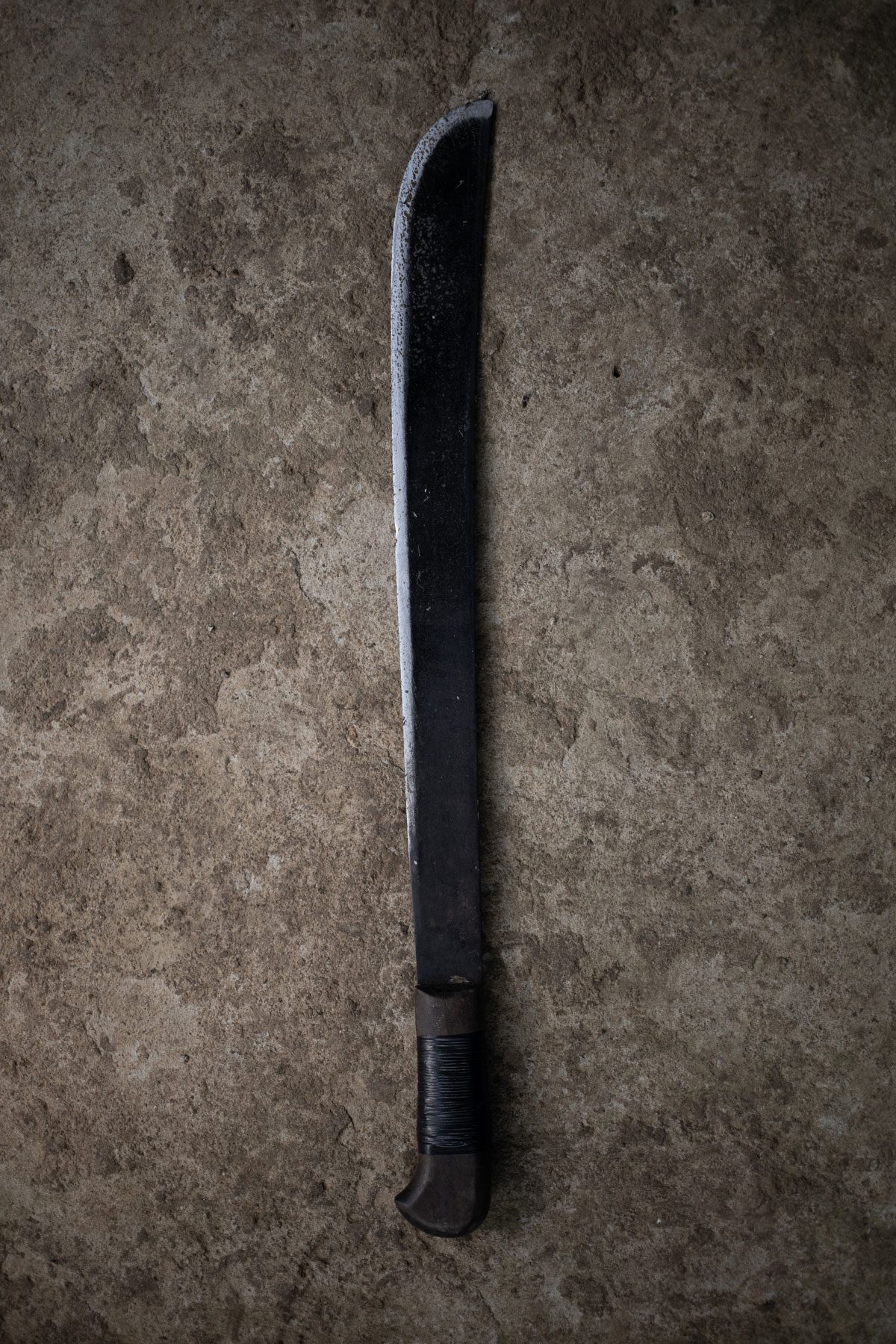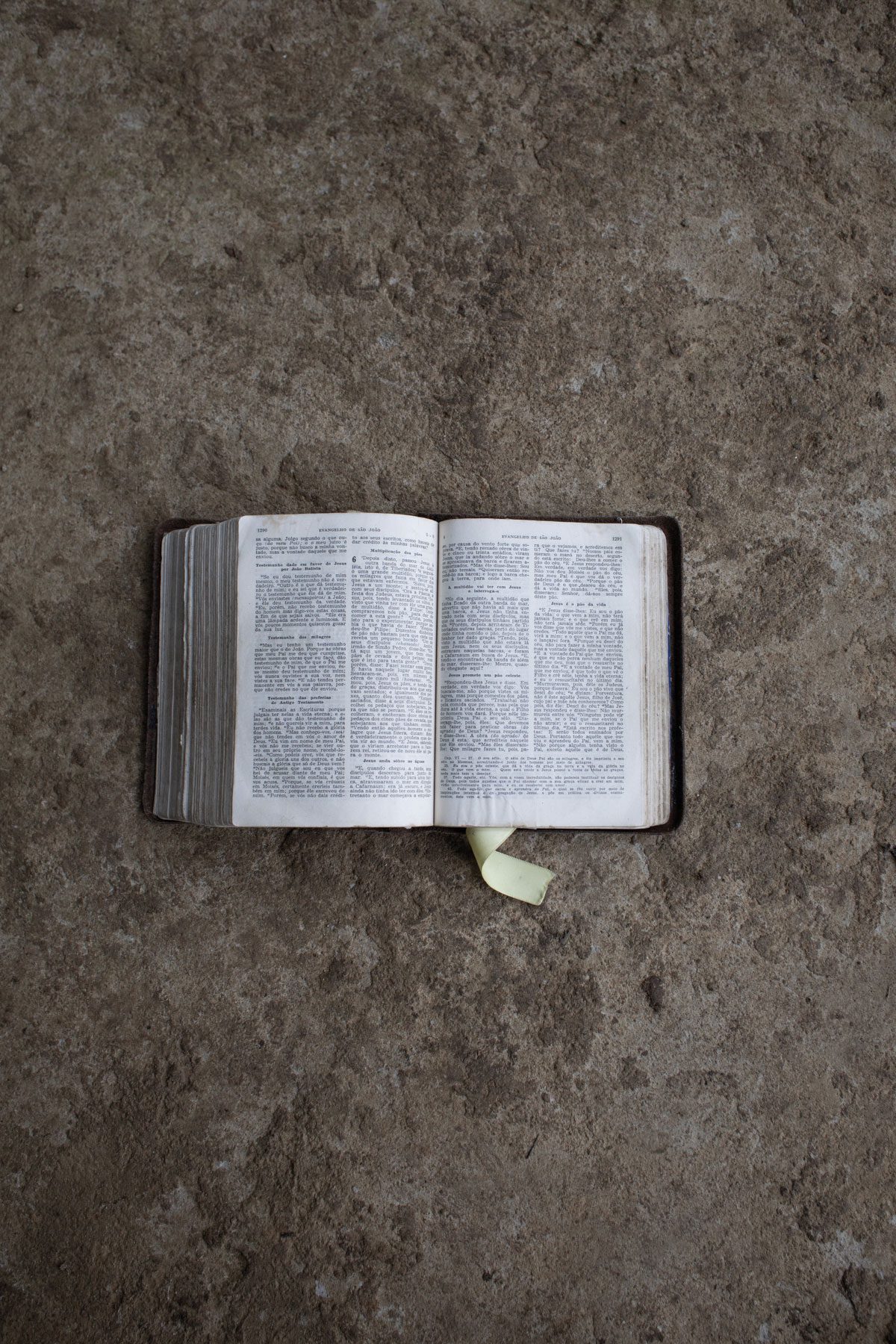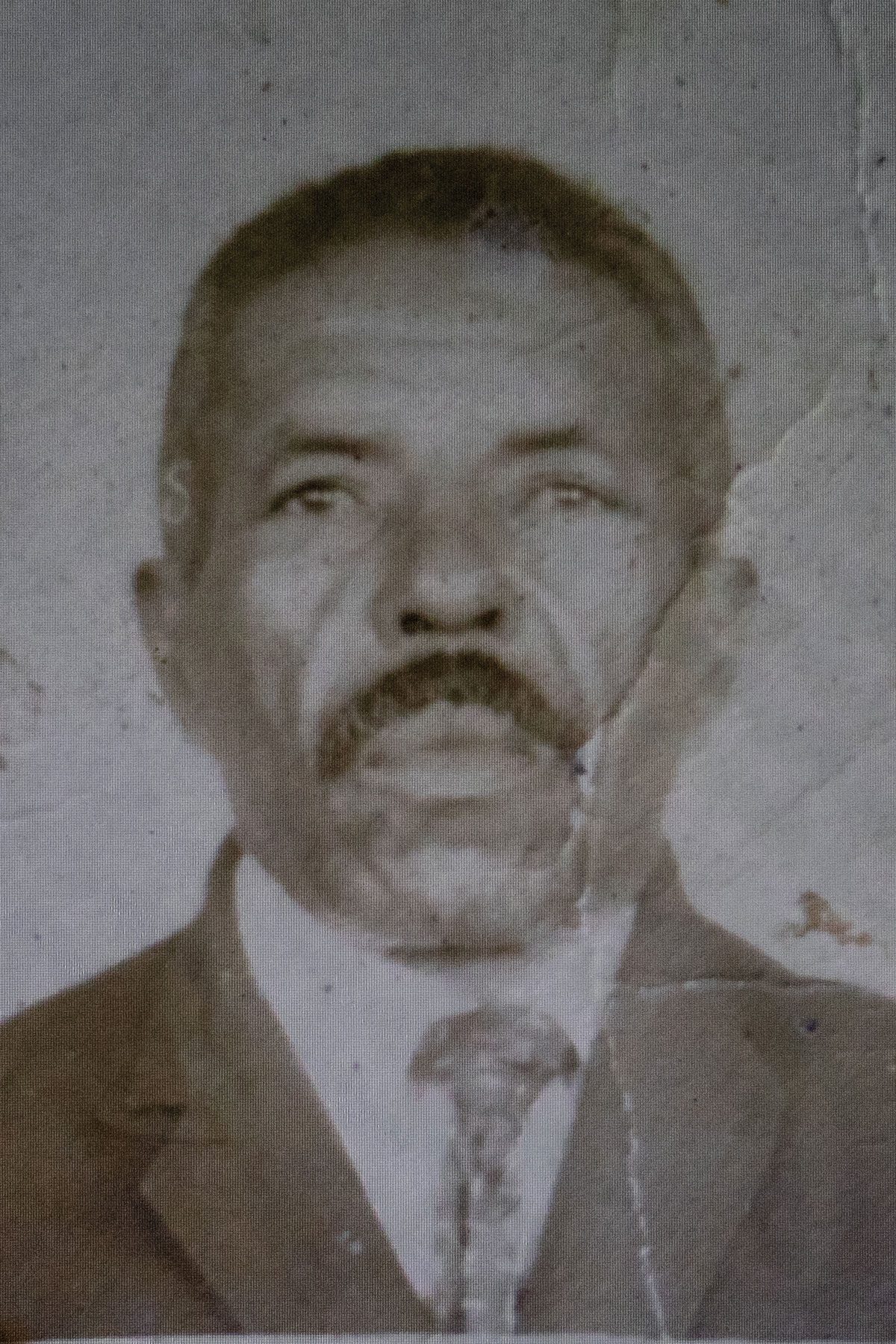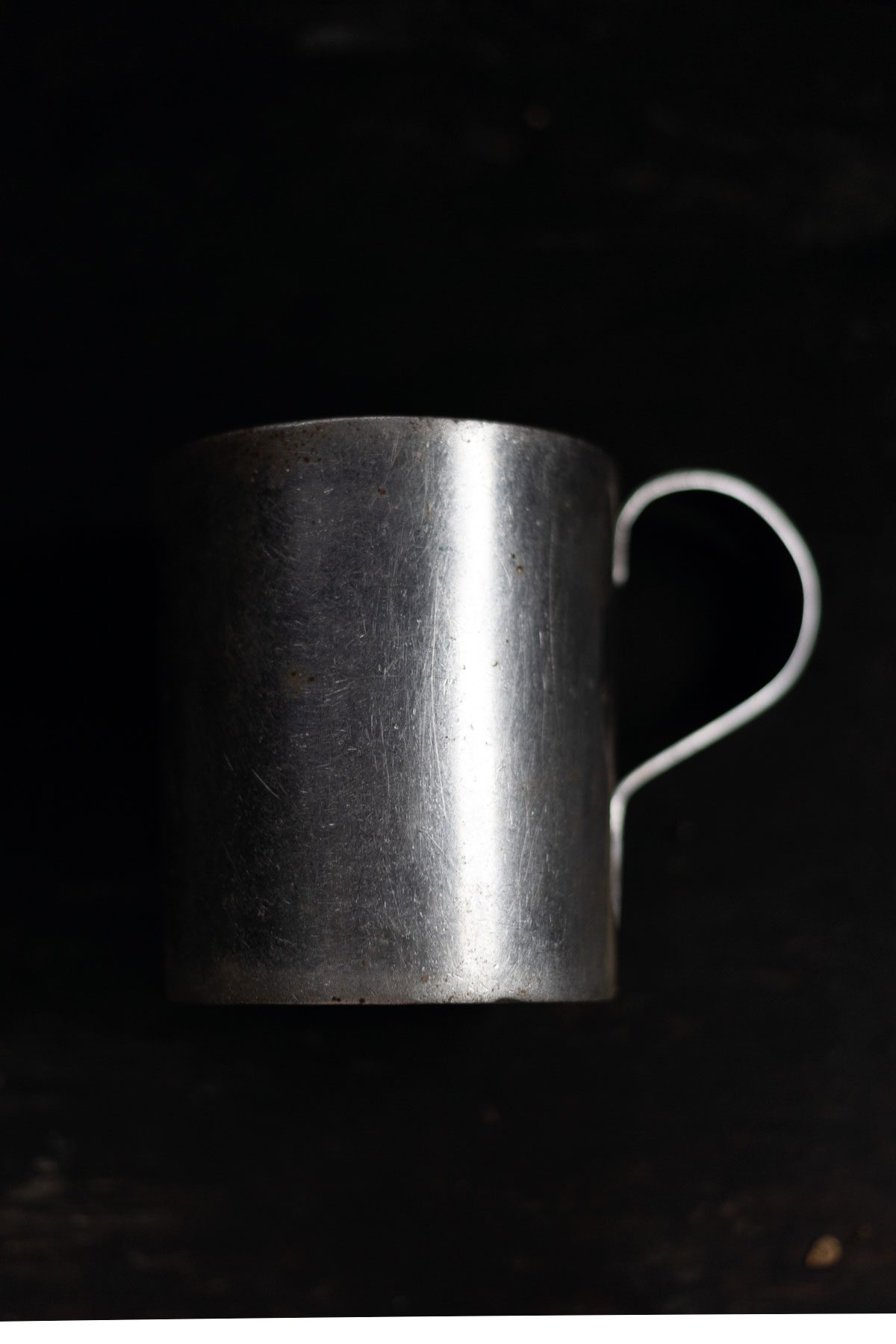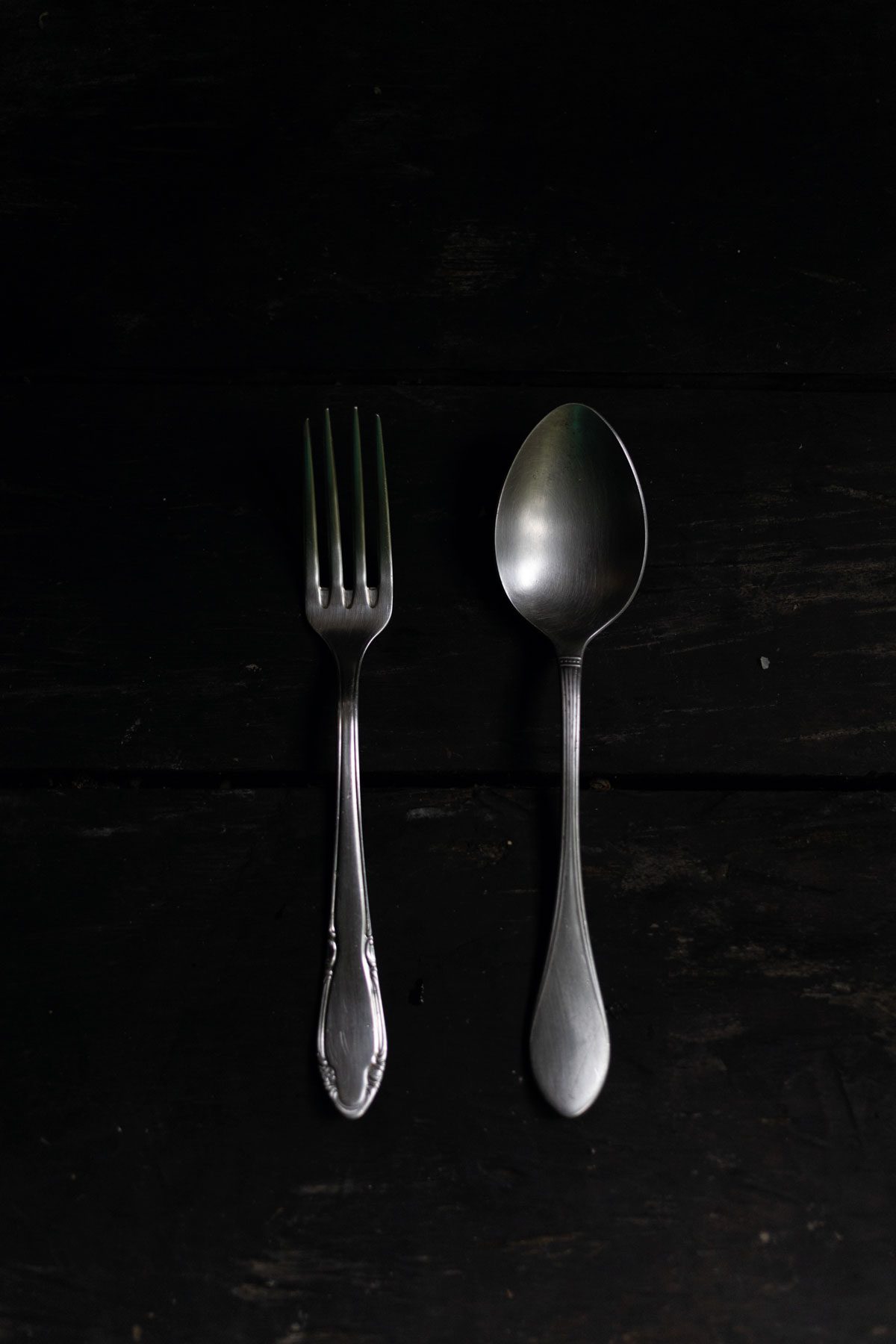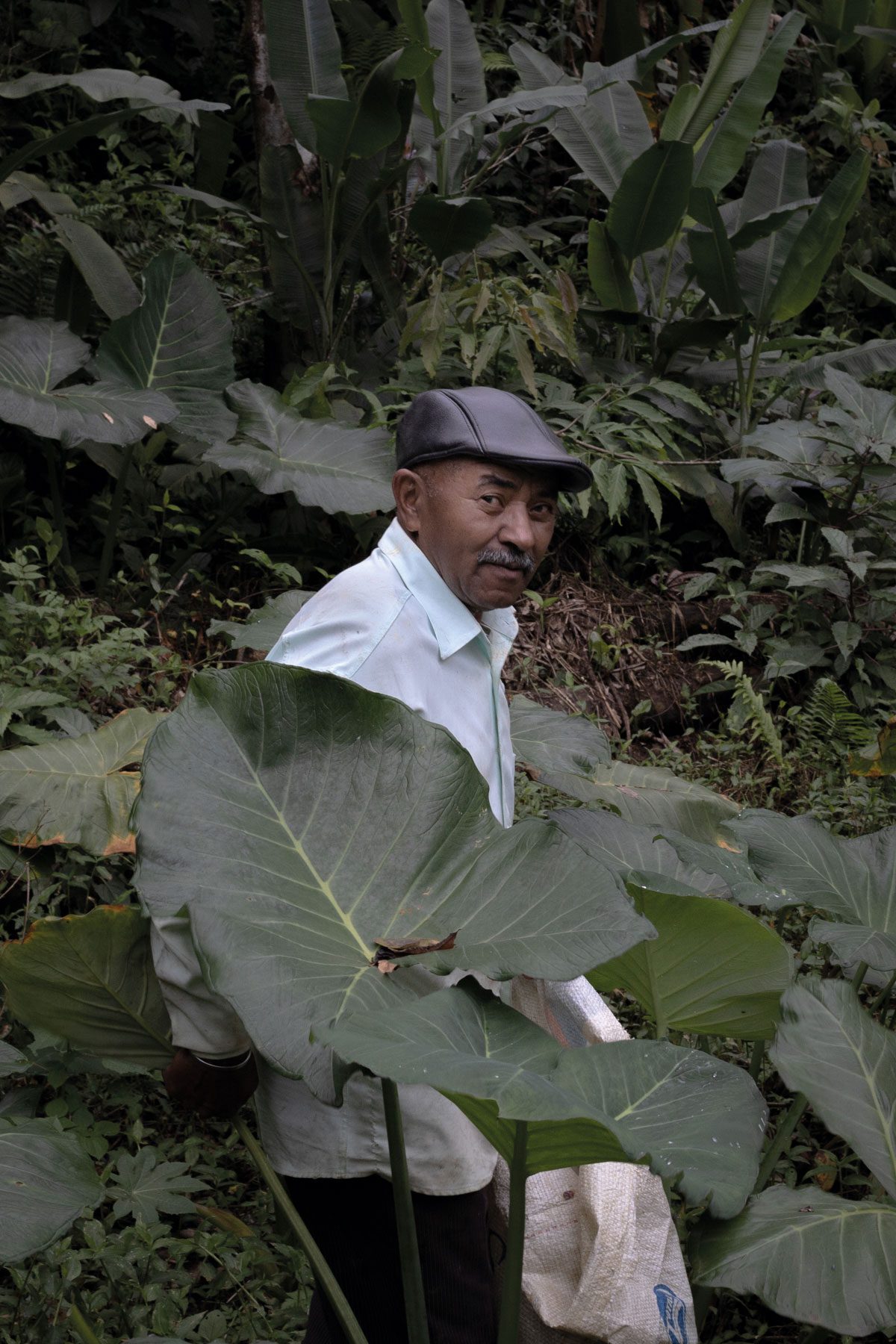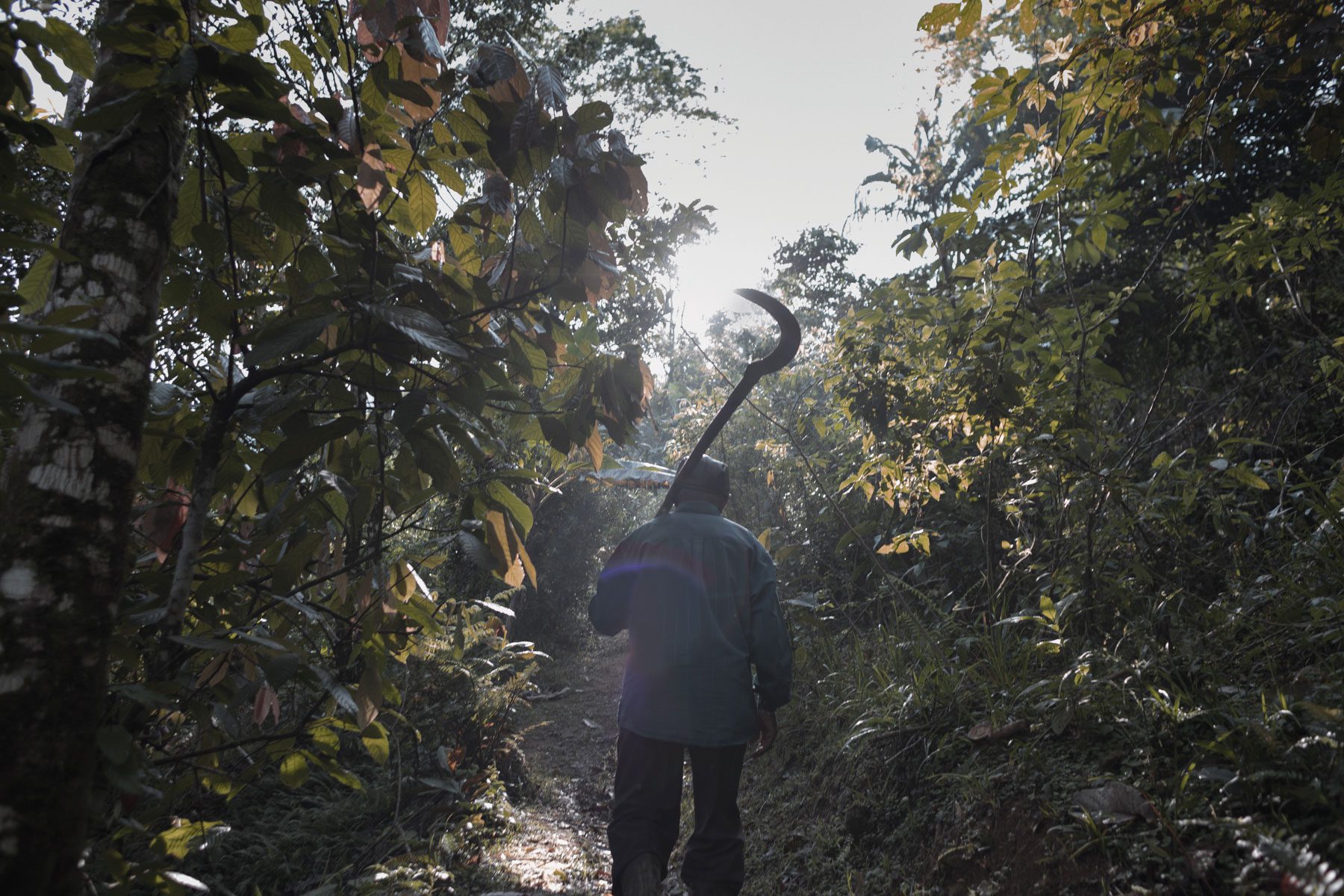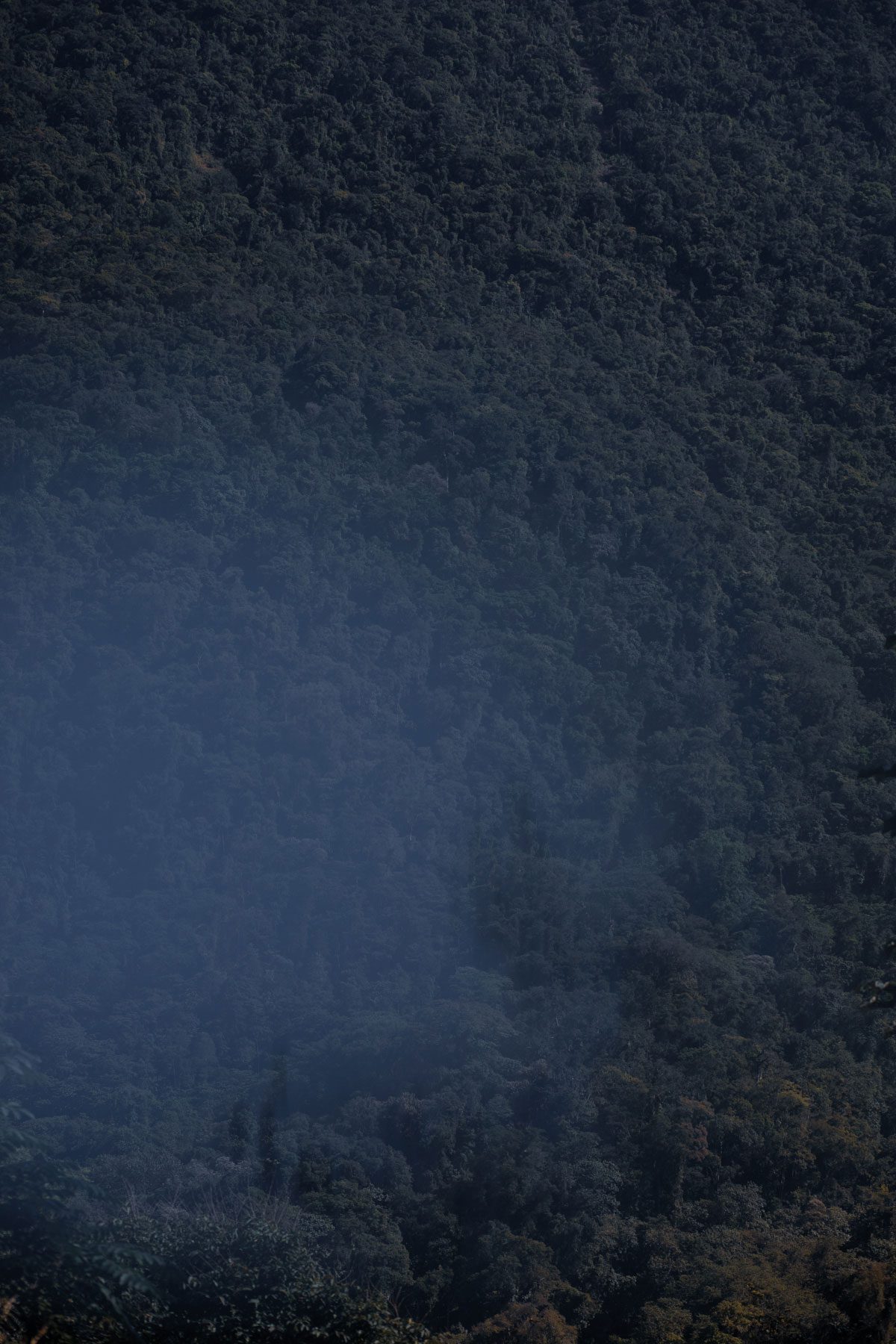Zé Ferreira lives by himself in the São José agroecological farm in Paraty, in Taquari outlying area, an hour-walk away from town. Respect for the environment is inscribed on the house he has built over eleven years. Aiming not to harm the forest, he used dead trees as building material, making worth of his vast experience as a professional builder. From there, it is possible to gaze at the agroforest system that made the man’s recognition.
Biologists, agronomists, researchers and enthusiasts from around the world come to witness the autonomous sustainable harvest that takes place here. Side by side in the wild with Zé Ferreira they learn how to distinguish edible plants, tree trimming and gathering organic matter. In addition, how to earn out of the picked items, always aiming at social, environmental and economic transformation.
Much of the consumables are grown here. There is no refrigerator, so food is picked fresh or preserved. Rice, beans, yams, hearts of palm, cupuaçu. Even the spices are produced locally. Then Zé just lights up the stove with timber also collected from nature’s disposal.
Along with the wisdom of secular plants that surround him, as the gigantic copaíba, over 400 years old rising high right at the center of the land, Ferreira finds his freedom in independence. A small self-made plant supplies the power the landsman needs.
It was in the 1980s, filled with indignation. How could his days be limited to work on a construction site? Among other things, he felt he missed out on what he liked the most: time with his children. He wanted to watch them grow, teach them about nature, as his father had done in his own childhood.
This memory is magnetized in his few and useful belongings, such as his daily use tools: ax, scythe, mallet, chisel. Or in the pocket watch, the lamp, the metal mug, and the fork and spoon he inherited from his grandmother when he left home at 17 to work in the city. He says he takes the cutlery everywhere. “I like the weight they have in my hands.”
He is a man of the land, of the concreteness of things. A nature caretaker and privileged spectator. At night, he turns off the generator and lets himself be enveloped by the sounds of birds and nocturnal animals. Some show up. In a folder, he keeps a diverse collection: diaries from many years, reflections and poems about agroforestry and his relationship with nature. It was a way of not getting lost in the tangle of thoughts. Because in the forest Zé Ferreira doesn’t ever go astray.
In the São José farm
-

- The project for the agroecological farmhouse, made by Zé Ferreira in the 1990s. Before dedicating himself to agriculture, Zé worked as a bricklayer supervisor in the city.
-

- São José Agroecological Farm main house. Zé Ferreira has designed and built it over an 11-year time. He only used timber from local fallen trees.
-

- A photograph of his main influence, his father Sebastião Ferreira, who raised him in the countryside of Pernambuco.
-

- Mug and cutlery inherited from his grandmother. Since he was 17, Zé only has meals using these items. He takes them with him when he goes away.
-

- Fusion between a poem by Zé Ferreira and copaíba bark, his favorite tree. Zé never went to school and only became literate in his adult life, when he worked as a bricklayer supervisor.

